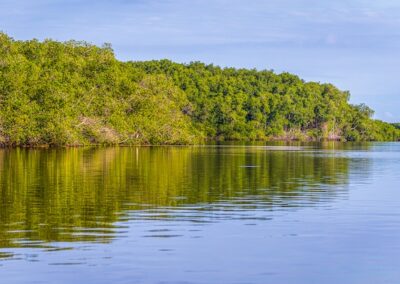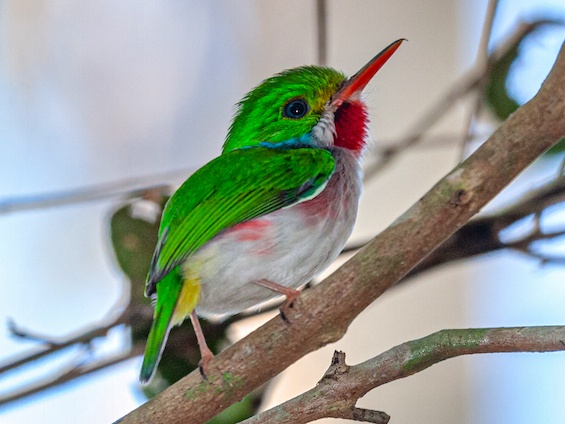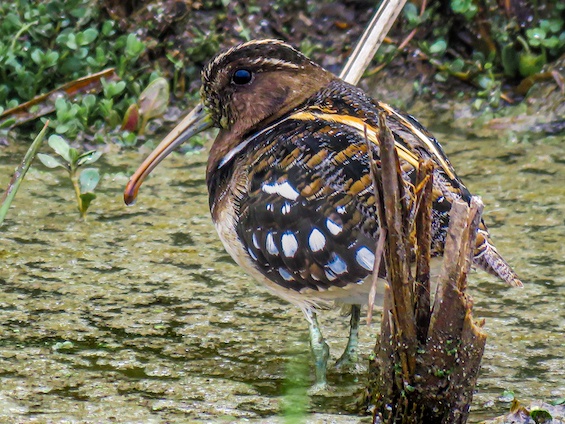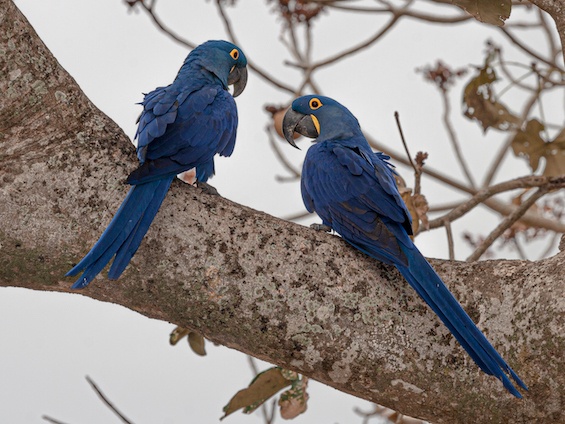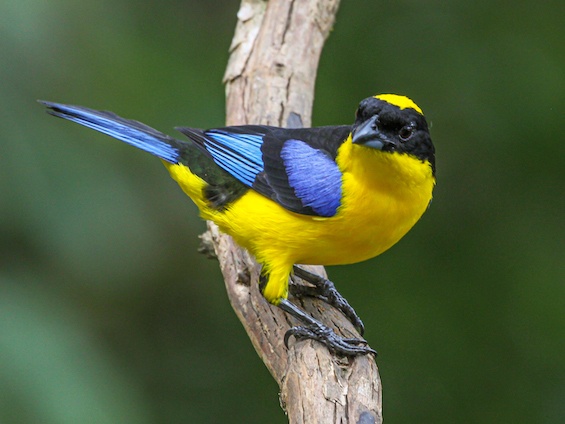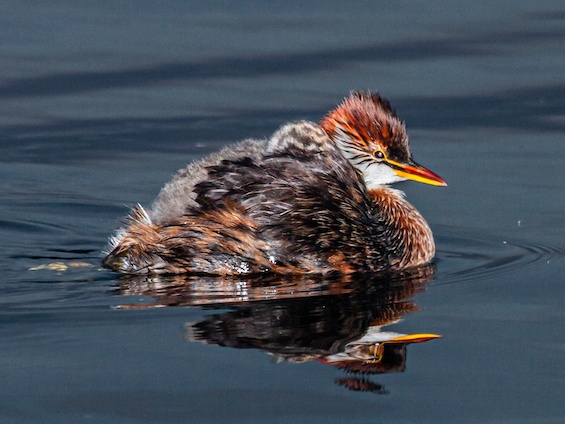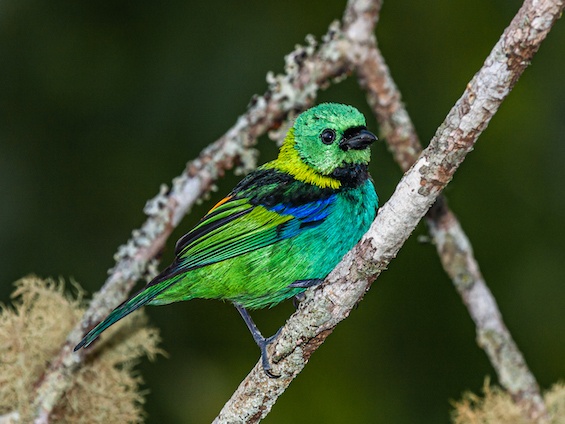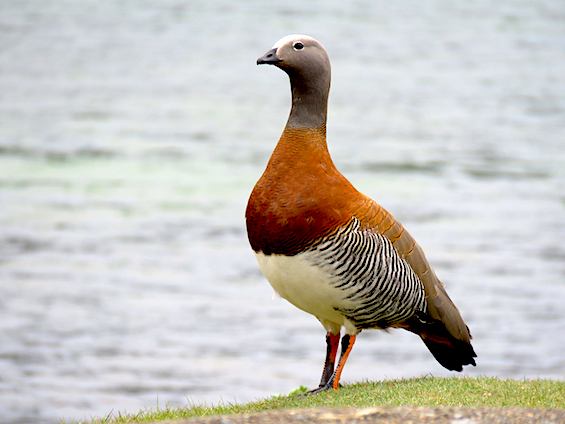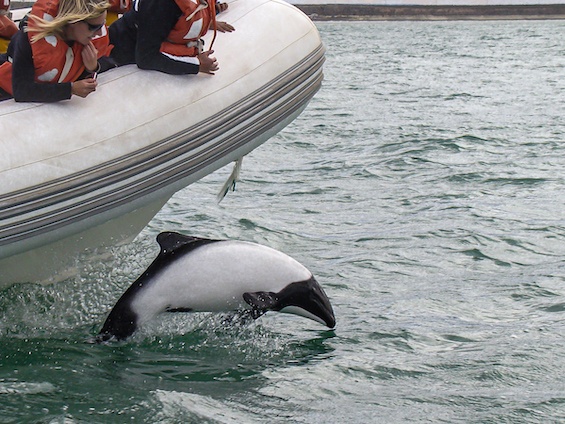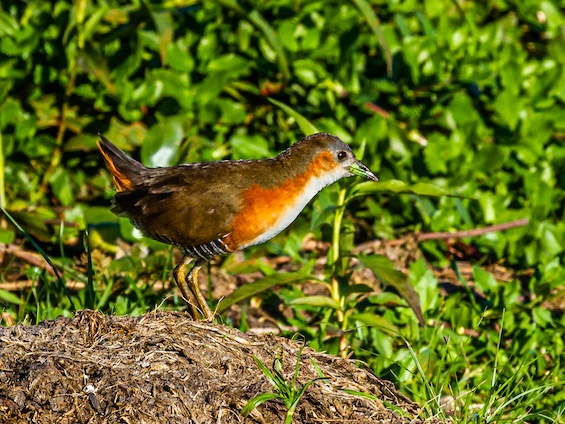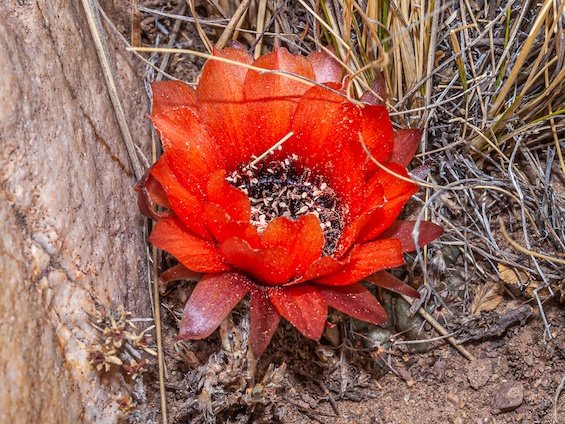Tour Features
Peru counts 84 different types of ecosystems, but forests are Peru’s main geographical features. They range from cloud forest in the south to low-lying plains Amazon forest in the north, spanning over nearly two-thirds of its territory. It is believed that Peru’s Amazon rainforest holds the greatest diversity in the world. These are certainly Peru’s main ecosystems, but despite 60% of the country being Amazon rainforest, only about 5% of its human population live there.
Peru is considered one of the World’s mega-diverse countries. Recent studies have shown that a region just south of Iquitos has the highest concentration of mammals anywhere in the world. Its territory teems with a staggering 10% of the world’s plant species, around 2,000 species of fish, 1.868 bird species (following IOC species list standards); 380 species of amphibians, 460 species of mammals and 365 species of reptiles.
Northern Peru is very rich in terms of biodiversity and culture. Two areas: the Northwest Coast, including the departments of Tumbes, Piura, Lambayeque, and Marañón and Upper Huallaga, spanning over Cajamarca, Amazonas and San Martin, are of special interest, so our tour is set to explore them both.
Besides nature, this tour is great for those who wish to learn more about Peru’s ancient civilizations. The area around Chiclayo was home to two important pre-Incan civilizations: The Moche and the Chimu. A visit to the Royal Tombs Museum, will give us the chance to learn about these cultures, and appreciate some artefacts and jewellery found in the tomb of the famous Lord of Sipan. Sipan is one of the most relevant sites of the Moche culture. Anthropologists found a royal mausoleum while excavating here in 1987. It was a 70x50x10 metres (230x165x 33 ft.) adobe platform. The perfect job gold pieces that adorned the Lord of Sipan, the technology and the complicated religious system represented a historic discovery.
We will also spend time explorig the spectacular fortress of Kuelap. The construction of this impressive pre-Incan city took more than 200 years and over 1.3 million m3 (40 million cubic ft.) of stone just for the giant embankments. Little is known about the people who built this architectural wonder, however archaeologists identify them as Chachapoyans or Sachupoyans.
Our tour has been specially designed for those who enjoy a combination of nature and culture. Birders and naturalists will have the chance to enjoy watching and photographing northern Peru’s natural diversity, including the tropical and subtropical dry broadleaf forests of the north coast; the realm of Tumbesian endemics, where 30% of the birds are endemic.
Tour Summary
Archaeological ruins of Kuelap. Northern Peru’s Pacific coast. Northern Peru’s Amazon forest. More than 300 species of birds, including Blue-footed Booby, White-tailed Jay, Scarlet-backed Woodpecker, Marveolous Spatuletail and many others.
INFORMATION
Tour Interest:
Tour Type:
Tour Dates:
Tour Duration:
Starts/Ends:
Best time to go:
Prices:
What’s Included?
What’s Not Included?
Itinerary ( 15 days )
Day
1
Arrival
Meeting with your Trogon Tours’ leader at Tumbes Airport. Birding and exploring Tumbes Mangroves. Drive to Punta Sal. O/N Punta Sal.
Day
2
Punta Sal.
Full day birding and exploring the area of Punta Sal. O/N Punta Sal.
Day
3
Chiclayo.
Punta Sal to Chiclayo. O/N Chiclayo.
Day
4
Chiclayo and Chaparrí Nature Reserve.
Full day exploring Chiclayo and Chaparrí Nature Reserve. O/N Chiclayo.
Day
5
Gocta.
Drive from Chiclayo to Gocta. O/N Gocta.
Day
6
Gocta & Kuelap.
Full day exploring Gocta and Kuelap. O/N Gocta.
Day
7
Abra Patricia.
Drive from Gocta to Abra Patricia. O/N Abra Patricia.
Day
8
Tarapoto.
Abra Patricia to Tarapoto birding en-route. O/N Tarapoto.
Day
9
Cordillera Escalera National Park.
Full day exploring Cordillera Escalera National Park. O/N Tarapoto Inn.
Day
10
Tour Conclusion.
Transfer to Tarapoto Airport. Tour Conclusion.









